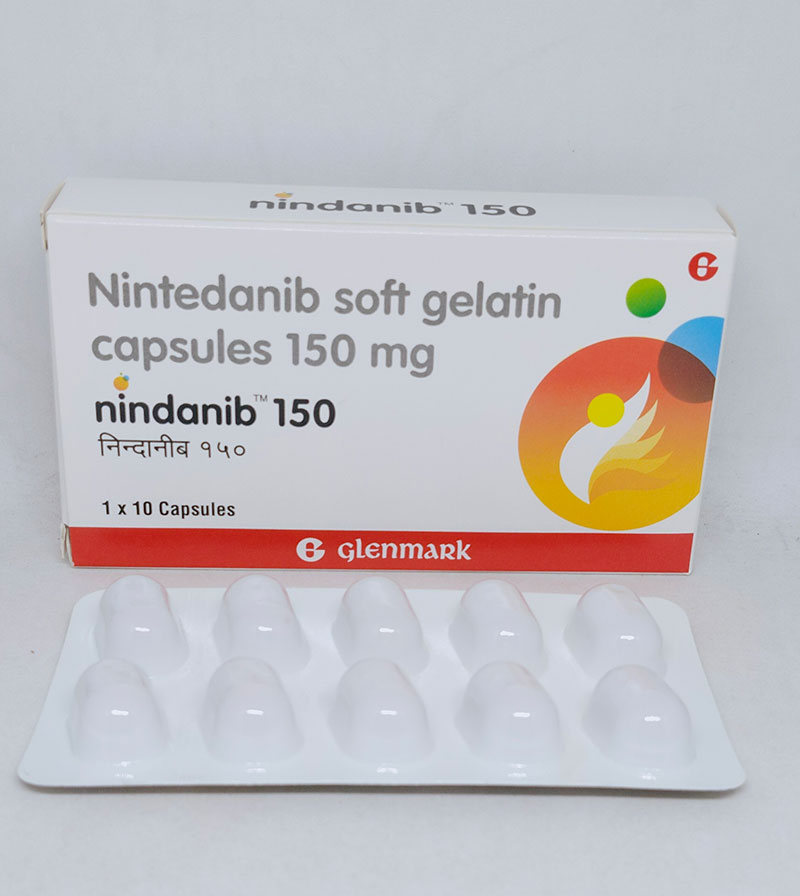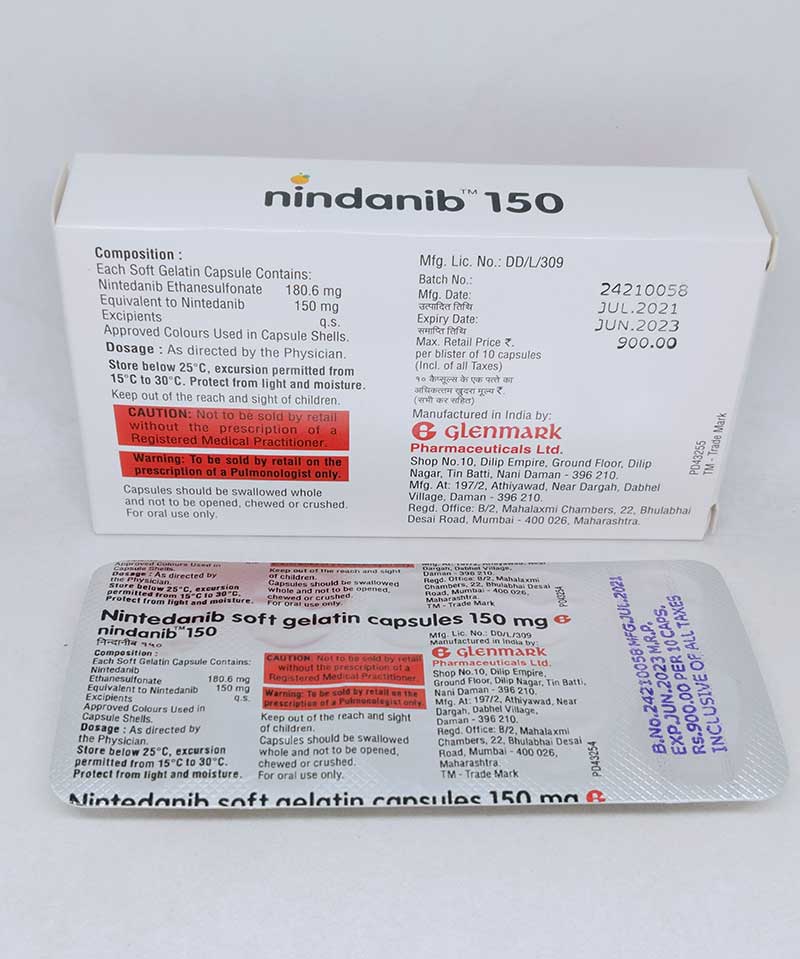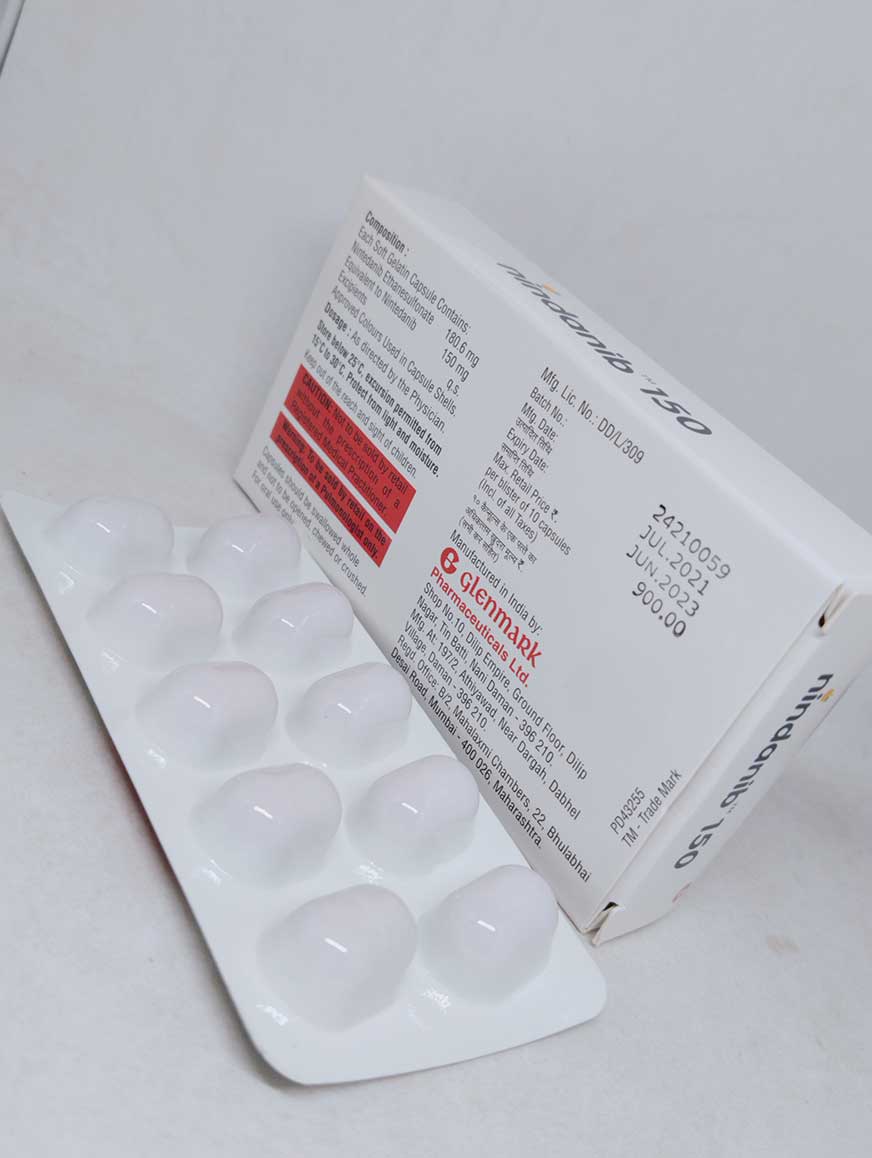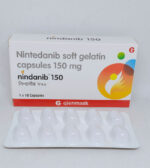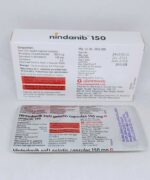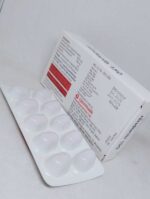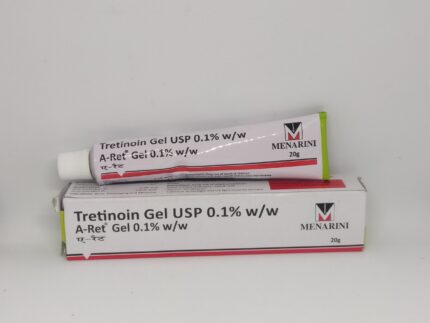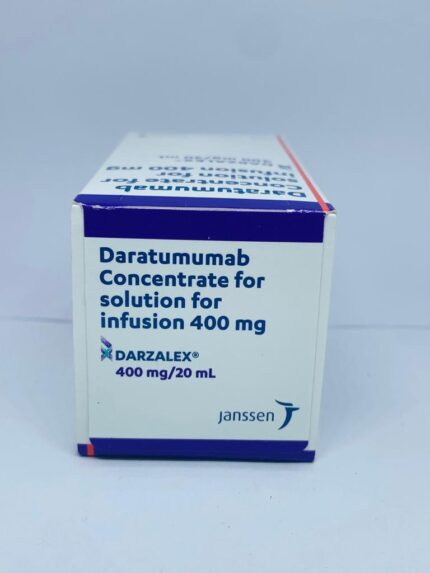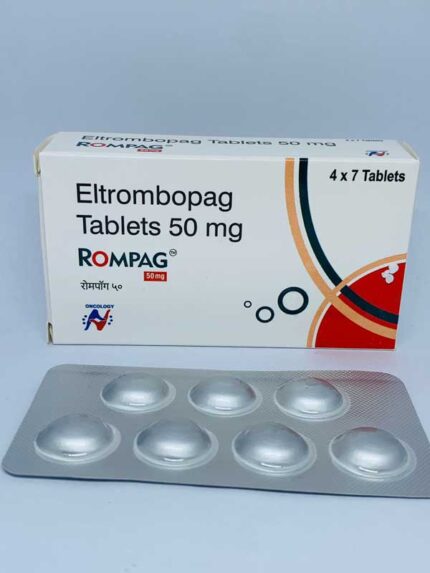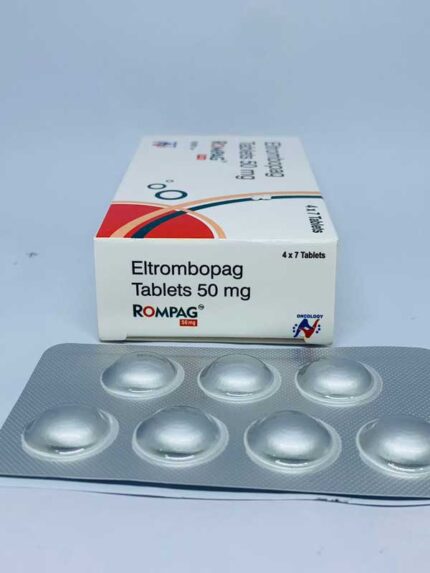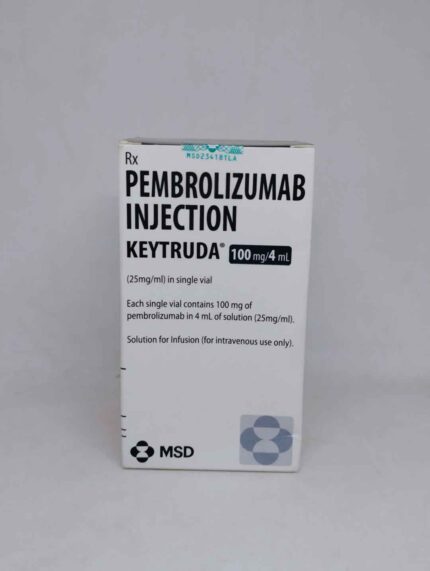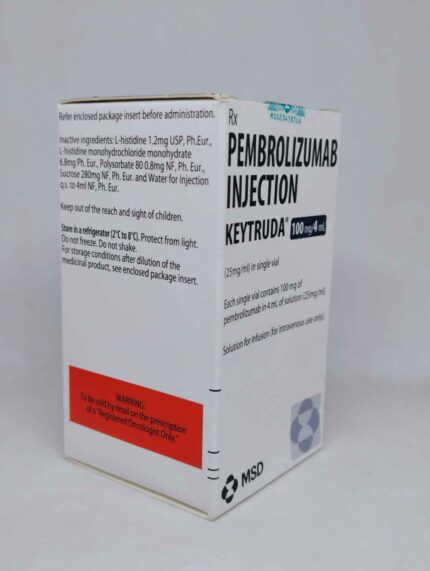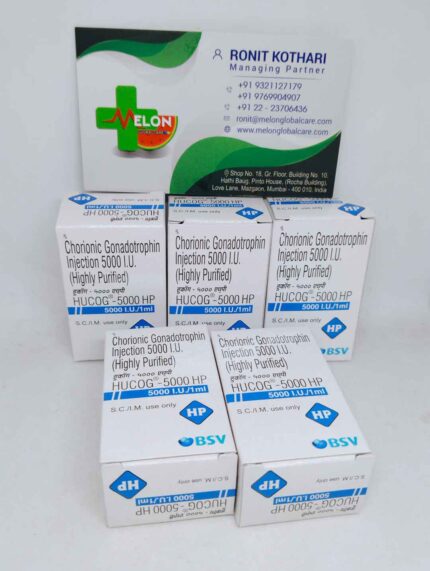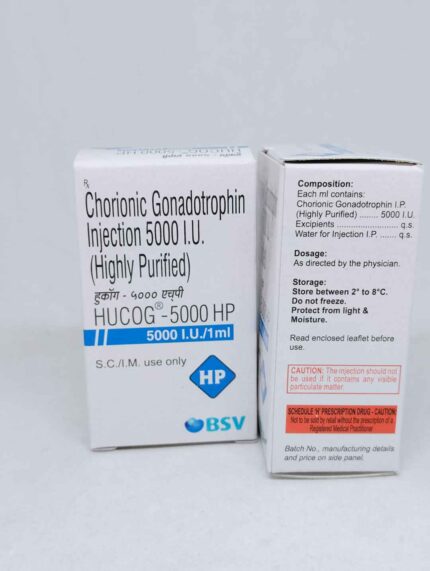NINTEDANIB (NINDANIB) CAPSULE – TREATMENT OF IDIOPATHIC PULMONARY FIBROSIS
Idiopathic pulmonary fibrosis and non-small cell lung cancer are both conditions that are treated with nindanib 150 Soft Gelatin Capsule.
In order to get the greatest benefits, nindanib 150 Soft Gelatin Capsule should be taken with food and preferably at the same time each day. Your doctor will determine the appropriate dosage and frequency of administration for you. This is based on the condition you are being treated for and is subject to change. You should follow your doctor’s instructions to the letter.
USES OF NINDANIB SOFT GELATIN CAPSULE
Idiopathic pulmonary fibrosis
Non-small cell lung cancer
BENEFITS OF NINDANIB SOFT GELATIN CAPSULE
In Idiopathic pulmonary fibrosis
Idiopathic pulmonary fibrosis is a lung condition brought on by thick, rigid, and ultimately scar tissue-forming lung tissue. The cycle of lung damage and repair appears to be what causes the scarring, or fibrosis. Shortness of breath or a dry cough could be the earliest symptoms of these alterations, which are irreversible. The soft gelatin capsule form of nindanib 150 destroys or inhibits the growth of cancer cells and also stops them from proliferating.
SIDE EFFECTS OF NINDANIB SOFT GELATIN CAPSULE
The majority of adverse effects are temporary and go away as your body becomes used to the medication. If they persist or you’re concerned about them, speak with your doctor.
Common side effects of Nindanib
- Diarrhea
- Nausea
- Continent pain
- Vomiting
- liver function tests that are abnormal
- reduced appetite
- Headache
- Loss of weight

